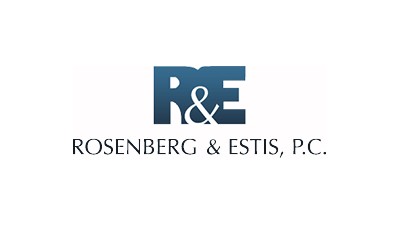Heywood v. Wozencraft Adds To Condo Board Toolbox For Dealing With Delinquent Unit Owners

On Jan. 12, the Appellate Division, 1st Department of the New York State Supreme Court, affirmed the Supreme Court’s ruling ejecting a condominium unit owner, Steven Wozencraft, from his apartment after he refused to pay common charges. The decision marked an unusual occurrence: the eviction of an owner from his own property.
Heywood v. Wozencraft makes for an important addition to the limited toolbox New York City condo boards have in dealing with delinquent unit owners.
Wozencraft stopped making payments to the Heywood Condominium Board in April 2007. On Feb. 21, 2013, the board recorded a lien for unpaid common charges of more than $211K, and then began an action to foreclose the lien a month later. The court appointed a receiver, Allison M. Furman, to collect a market rent of $6,500 per month for the duration of Wozencraft's continued occupancy until the foreclosure sale.
When the unit owner failed to pay, the receiver moved for an order evicting Wozencraft from his unit. The Supreme Court granted the motion. Wozencraft appealed.
Condo boards lack the financial stringency of co-ops, where residents are treated as tenants who own shares in the cooperative corporation. When it comes to condominium units, there is not much boards can do to quickly evict defaulting unit owners and recoup common charges while an action to foreclose a common charge lien is pending. Meanwhile, those owners get by rent-free, and the money meant for building maintenance and amenities is spent on litigation.
“Generally, condo owners just stay in possession of the unit until the foreclosure is finalized and that can take a year or more,” said Michael E. Feinstein, an attorney for Rosenberg & Estis.
“Unit owners can go two years during the course of a lien foreclosure action and not pay anything, and then prior to the foreclosure sale save the apartment from foreclosure by paying all amounts due to the board,” Feinstein said.
Liens have also made it harder for the owner to sell the property, and if a foreclosure sale does occur, it is possible that the total debt will exceed the selling price. At 184 Thompson St., which was converted into a condominium in 2007, the board has dealt with a revolving door of defaulting owners. In 2011, a unit sold at a foreclosure auction for $610K, which did not cover its over $780K mortgage, according to the New York Times.

Heywood v. Wozencraft stems some of the financial loss by allowing the receiver to collect rent on behalf of the condo board. If the unit owner fails to pay, he or she can be evicted.
The Appellate Division turned to pre-existing laws to make its decision. Under Section 339-aa of New York property law, the unit owner is required to pay a reasonable rental for the unit for any period prior to a judgement and a foreclosure sale. The court also found that eviction from that unit for the failure to pay rent to the receiver did not deprive the unit owner of his ownership/occupancy rights without due process of law.
A door has opened for condo boards, and it is likely to stay wide open.
“I am not aware of any other time, from an appellate perspective, where a condo unit owner had actually been evicted from his own unit for not paying common charges or rent,” Feinstein said.
The hope is that the decision will discourage owners from defaulting.
“It changes the dynamic," Feinstein said. "I think a lot more boards will be thinking of taking the steps that were employed in Wozencraft. They will now have this tool.”
To learn more about this Bisnow content partner, click here.

